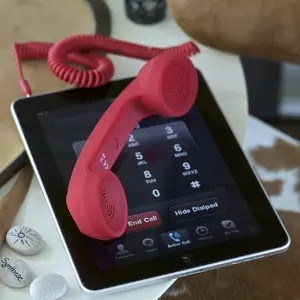Seadog
iPF Noob
I read where the military is interested in going with the iPad to transition to a paperless cockpit in aircraft, among other things. However, they may run into the biggest issue that restricts the use of Apple products in government. The fact that the Apple iOS is an exclusive system, and you cannot buy iPads or iOS systems made by anyone else, is a major no-no to any public agency. Many will remember the problems the Air Force had bidding for new tanker aircraft because the only two international companies that could compete, had different thoughts on the requirements.
Right now, the iPad is unique in that it has no real competition. If they make the bid requirements stringent, it will automatically eliminate most of the Android models, and if they make it too loose, they could get a piece of junk. As someone who is familiar with dealing with government bidding, the companies, the regulators, and the lawyers do not care if you get a piece of trash for the money. They just want to make sure that it is the lowest possible bid.
Right now, the iPad is unique in that it has no real competition. If they make the bid requirements stringent, it will automatically eliminate most of the Android models, and if they make it too loose, they could get a piece of junk. As someone who is familiar with dealing with government bidding, the companies, the regulators, and the lawyers do not care if you get a piece of trash for the money. They just want to make sure that it is the lowest possible bid.

